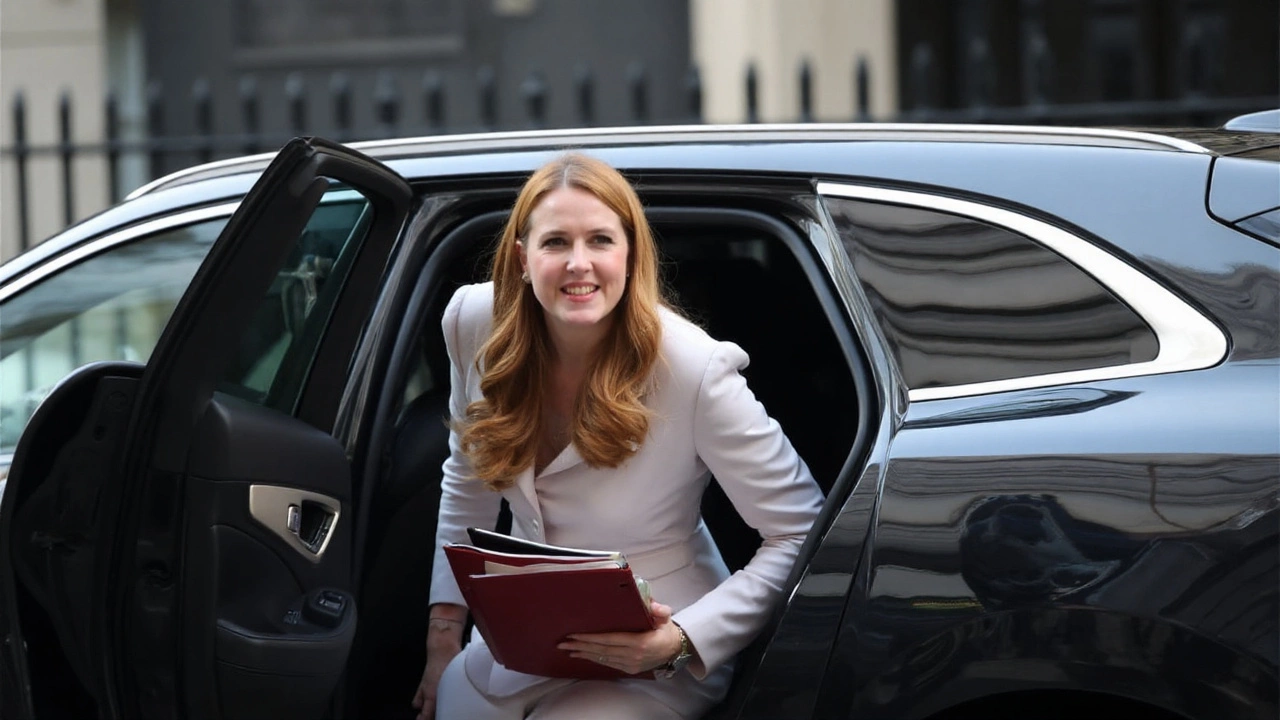Rayner’s exit, a reshuffle, and a test of Starmer’s authority
The government’s second-in-command has gone, and with her, a chunk of political capital. The Angela Rayner resignation — forced by an underpayment of £40,000 in tax and a finding that she breached the ministerial code — triggered a rapid, high‑stakes reshuffle across two days. Keir Starmer moved 12 ministers and removed two outright in a bid to steady the ship and regain control of the agenda.
Rayner’s case was messy and human. It stemmed from complications around property transactions and a trust set up for her disabled son. Ethics adviser Lori May Magnus concluded the ministerial code was broken. Whatever sympathy the personal backstory draws, the judgment left Starmer with little room. He’s spent years criticising predecessors for keeping ministers in post after rule breaches. Letting this slide would have made his own standards look negotiable.
Downing Street insists the reshuffle was already pencilled in and only accelerated by the fallout. That nuance matters, but timing is everything in politics. The result is a dramatic reset that tightens discipline in some areas, leaves others unchanged, and hints at a tougher line on welfare and growth.

Who’s out, who stays, and what changes next
Two days of moves delivered winners, losers, and a clear message about priorities:
- Ellie Reeves was sacked from the Cabinet and as Labour Party chair. She is the sister of Chancellor Rachel Reeves, and her exit inevitably casts a shadow over the Chancellor’s internal clout, even as the Treasury brief remains untouched.
- Ian Murray, the Scotland Secretary, and Lucy Powell, the Leader of the Commons, were removed following their role in botched welfare reforms. That signals Starmer’s frustration with how a core policy area was handled.
- Liz Kendall, the Work and Pensions Secretary, and Sir Alan Campbell, the Chief Whip, were moved. Shuffling those posts suggests a push for tighter policy grip and firmer parliamentary management.
- Ed Miliband stays as Net Zero Secretary. That choice keeps Labour’s green ambitions in play and avoids a fight with the party’s left at a delicate moment.
- Rachel Reeves remains Chancellor, continuing the Budget work and preserving continuity on fiscal policy.
- Pat McFadden gets a new “super‑charged” department for growth, bundling benefits, pensions, and skills. Tucking welfare levers inside a growth brief hints at a harder edge on spending and stricter incentives to work.
The political logic is clear. Starmer is consolidating control where policy implementation faltered and leaving alone the areas central to his economic pitch. The decision to keep Miliband points to continuity on the green agenda, even as the government seeks headroom elsewhere. Keeping Rachel Reeves at the Treasury preserves credibility with markets and business while signalling no sudden swerve on tax or spending.
McFadden’s expanded remit is the most telling structural change. Folding benefits, pensions, and skills into a single growth engine brings the country’s big social transfers closer to the productivity agenda. Expect tighter conditionality, sharper focus on getting people into work, and an audit of programmes that don’t move the dial. That’s where any future welfare cuts — or redesigns — would be shaped.
The reshuffle also doubles as a disciplinary reset. Moving the Chief Whip and the Work and Pensions lead suggests that missteps on welfare won’t be shrugged off. After the turbulence, Starmer needs clean lines of accountability, fewer policy reversals, and fewer headlines about process failures.
As for housing, Rayner’s departure leaves a sensitive brief in flux. Housing targets, planning reform, and accelerating delivery are core to economic growth. The replacement will have to reassure both developers and councils while keeping a lid on internal rows over planning rules. That balance is hard even in calm times; it’s tougher in the middle of a political storm.
Labour’s defence is that this is not a government in crisis but one that has made a hard call fast. Darren Jones, the Chief Secretary to the Prime Minister, says the reshuffle was in the works and merely sped up. That’s plausible, but the optics still matter. A resignation over tax and ethics, combined with a clearout of ministers tied to a policy misstep, looks like a reset imposed by events.
What comes next will decide if the reset sticks. A stable Treasury hand keeps the Budget timeline on track. The net zero brief remains intact, avoiding a blow‑up with activists and younger voters. The growth super‑department will be judged on delivery: more people in work, better skills pipelines, and clearer value for money in welfare spending.
Inside the party, the balance of power is delicate. Sidelining the party chair and shifting the whips’ management is a statement about control. Keeping Miliband shows the leadership isn’t spoiling for a left‑right fight. The aim is to project unity while tightening the machinery — less drama, more delivery.
The ministerial code dimension lingers. Starmer has set a bar he must keep meeting. When ethics rulings go against ministers, the response now looks predictable: they go. That may buy him credibility with voters who want higher standards, but it also reduces his room to manoeuvre when personnel are politically useful or hard to replace.
The to‑watch list is short and sharp: who takes over housing, what precise powers McFadden’s department wields, how welfare policy is reshaped, and whether Rachel Reeves can push through a Budget that funds priorities without rattling markets. If those answers come quickly and cleanly, this week’s damage can be contained. If not, Labour will spend more time firefighting than governing.





